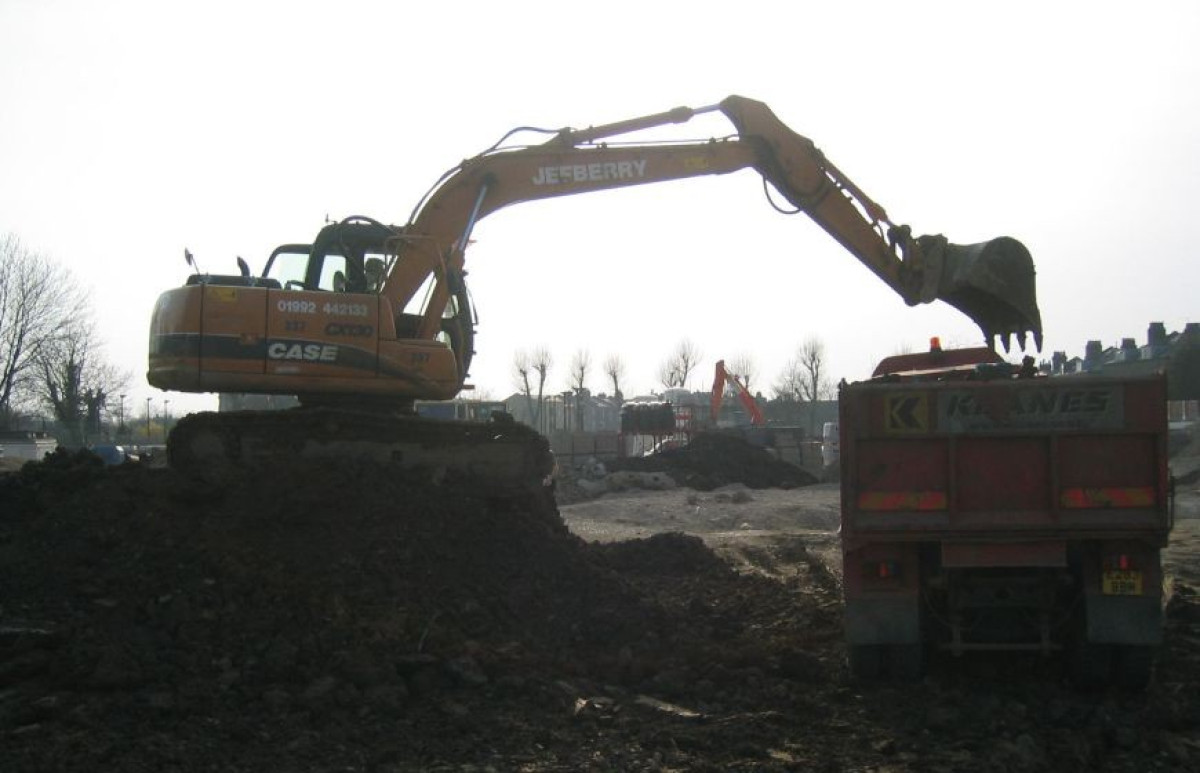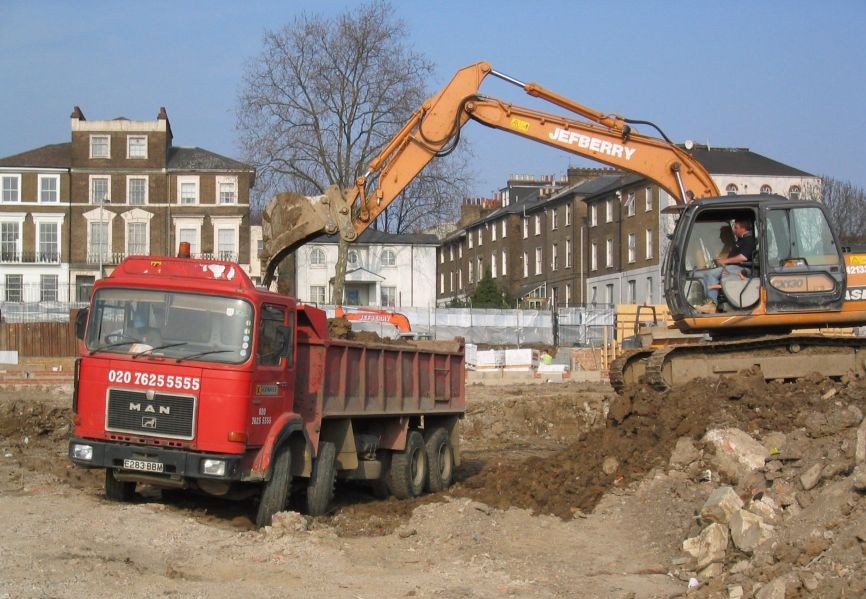
Landfill tax is set to rise significantly in April, with the standard rate rising to £126.15 per tonne and the lower rate rising to £4.05 per tonne (currently £103.70 and £3.30). This hike will make traditional "dig and dump" practices far more expensive for the construction industry.
To avoid unnecessary costs, it's essential that alternatives are explored early in projects. Some of the options are listed below.
Environment Agency Waste Exemption U1: This exemption allows certain types of waste to be reused on-site without needing a waste permit. It can help developers avoid the cost and hassle of transporting materials to landfill or a waste facility, which can be a significant cost-saving. It's essential, though, to ensure that the materials being reused are in line with the requirements of the exemption.
CL:AIRE Definition of Waste – Development Industry Code of Practice: CL:AIRE’s guidance helps clarify when materials are considered waste, and when they are no longer classified as such, which can make a big difference in how materials are treated. By adhering to this code, developers can ensure that materials are properly classified and potentially reused, thus saving on disposal fees and reducing the project's environmental footprint.
Aggregates Protocol: This protocol allows for the reuse of certain materials, like excavated soils, as substitutes for natural aggregates in construction, provided they meet specified standards. Using these materials for backfilling or construction could significantly reduce both the cost of acquiring new aggregates and the environmental impact of transporting waste off-site.
Better Assessments and Risk Management: Conducting thorough assessments and detailed risk assessments early in a project can help identify opportunities for material reuse. Rather than automatically sending materials to landfill, an in-depth evaluation of waste types can lead to smarter decisions about what can be kept, reused, or recycled.
The earlier in the development process that waste is considered, the better it can be managed.

Related News
March 12, 2025
by Marie Patience
Encountering galligu is almost a rite of passage when working in areas like Runcorn, Widnes, St Helens, or near the Sankey Canal. Yet, many are unaware of this unique and often problematic material beyond these regions. Let’s dive into what galligu is, its history, and how it’s managed today.
February 19, 2025
by Bryan O'Gorman
Landfill tax is set to rise significantly in April, with the standard rate rising to £126.15 per tonne and the lower rate rising to £4.05 per tonne (currently £103.70 and £3.30). This hike will make traditional "dig and dump" practices far more expensive for the construction industry.
April 11, 2023
by Juliet Fuller
We worked with Mason Navarro Pledge and client The Bedford Estates to redevelop a site in Bloomsbury at the corner of Ridgmount Street and Store Street.
January 23, 2023
by Mike Plimmer
In 2019, the Association of Geotechnical & Geoenvironmental Specialists (AGS) published formal guidance on the classification of waste soils as either hazardous or non-hazardous. The aim of this was to provide simple and clear advice on best practice - at least when it comes to more straightforward sites - in an area that has often involved confusion.